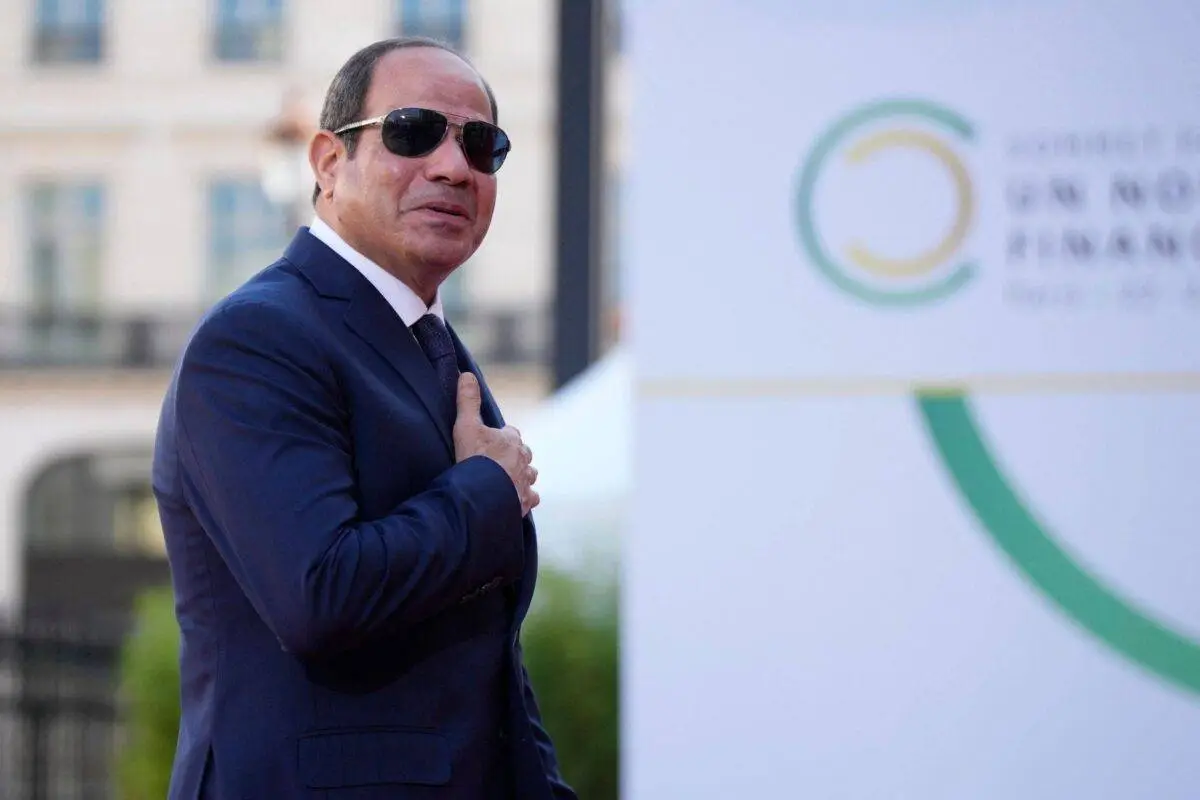
Born in Cairo on November 19, 1954, Sisi rose to prominence in 2012 when he assumed key roles as army chief and defense minister, succeeding Field Marshal Mohamed Hussein Tantawi.
But Sisi’s appointment by Egypt’s first non-military, Islamist president also sparked reports that the new army chief had links to the Muslim Brotherhood.
Despite concerns about his potential ties to the Muslim Brotherhood, Sisi also maintained strong connections with the US military. His popularity has recently experienced a surge, particularly among secular and liberal Egyptians, indicating a noteworthy shift in public sentiment.
In the upcoming election, Egyptians over 18 will choose from four candidates, including Sisi, who has been in power since 2013.
The former defence minister is the clear favourite, despite overseeing a rapidly declining economy and facing criticism from Western partners and rights groups over his human rights record.
Sisi’s tenure has been characterized by a severe crackdown on dissent across the political spectrum, leading to the detention of tens of thousands, including leaders of the Muslim Brotherhood and liberal activists.
Over the last two months, Amnesty International has found that the Egyptian government arrested at least 196 people on charges related to participating in unauthorised protests, spreading fake news and terrorism.
While critics argue that the crackdown targets a broad range of voices, Sisi and his supporters assert that it aims to combat extremism and sabotage against the state.
